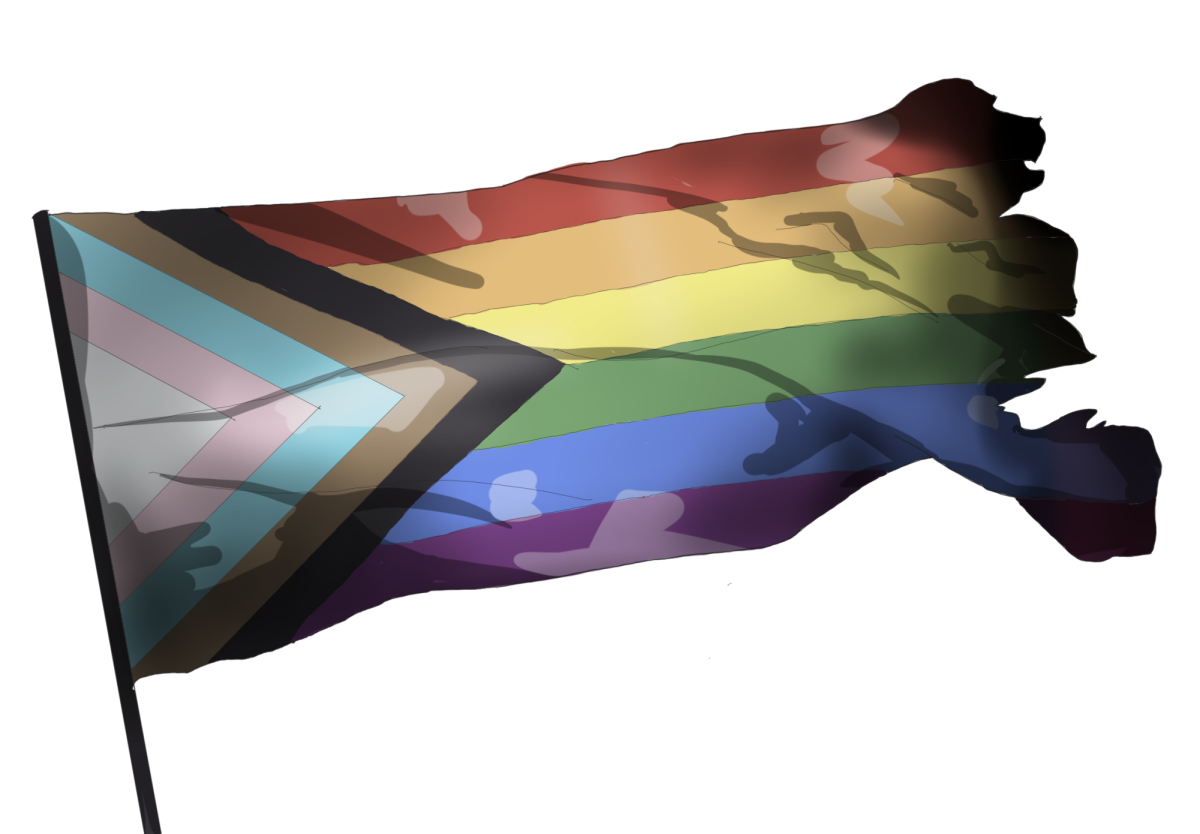Society for Human Rights (1924-1925)
The Society of Human Rights was a gay-rights organization established in 1924. Based in Chicago, it is recognized as the first LGBTQIA+ defensive institution in the United States. The founder, Henry Gerber, worked with the society to publish the first American gay-interest newsletter, Friendship and Freedom by 1925. The group strived to promote tolerance and inclusivity in contemporary conservative America. Gerber, however, and the rest of its members were arrested on obscenity charges soon after the organization was established. Although the charges were soon dropped, Gerber had become a disgrace within his community and was unable to maintain his day job for the postal service. The society was thus forced to disband permanently albeit their efforts are recognized as a contribution for the foundation of LGBTQIA+ rights activism in the United States.
The Lavender Scare (1950s)
Based in the United States, the Lavender Scare was a period in the 1950s during the Cold War where there was a moral panic about alleged homosexual individuals working in the government. The campaign paralleled the Red Scare, an operation that targeted suspected communists. The Lavender Scare resulted in the mass dismissal of thousands of LGBTQIA+ individuals, particularly homosexual men, ruining their lives as they faced a number of ramifications: unemployment, social stigma, imprisonment and psychological deficits. This event was rooted in institutionalized homophobia and broader anxieties about national security. Overall, it helped perpetuate hate and discrimination toward gay individuals, breeding a harsher climate of fear and secrecy that endured for decades to come.
HIV/AIDs Developments (1980s-1990s)
In 1983 scientists identified the human immunodeficiency virus as the cause of AIDS, a chronic immune system disease that had a 80-90% mortality rate in the ‘80s. The epidemic disproportionately impacted homosexual and bisexual men whose deaths were most common. From the 1980s -’90s, it is estimated that millions of individuals died of AIDS. The disease became largely associated with the gay community, with many terming it as “gay cancer.” Overall, homophobic attitudes skyrocketed as the gay community was ostracized further. Many became deathly afraid of disclosing their sexuality or HIV status as legal protection at the time was greatly limited. The queer community were rendered vulnerable to discrimination in healthcare, housing, employment and to homophobic/transphobic hate crimes: harassment, assault and murder. There was, however, a positive aspect of the period in how it encouraged the practice of safe sex by raising awareness about the risks of HIV transmission and how to prevent it.
Don’t Ask Don’t Tell (1993-2011)
Don’t Ask Don’t Tell was a United States military policy introduced in 1993 in response to increasing public pressure to lift the ban on LGBTQIA+ individuals serving openly in the military. Under DADT, military personnel were prohibited from discriminating against anyone based on their sexuality. Queer individuals, however, were prohibited from openly displaying their sexuality or participating in any perceived homosexual conduct. If they were discovered, they faced discharge from the military. While it represented a step in ending the full ban of gay members in military service, it is also thought to have promoted homophobia as queer individuals were forced to be something they were not and live in fear of discovery. The policy remained in effect until 2011 when the Obama administration permitted LGBTQIA+ individuals to serve openly in the military, marking a significant milestone in the fight for gay rights and equality.
Trump Bans Trangender Soldiers (2017-2021)
In July of 2017 former president Donald Trump announced through Twitter that all transgender individuals would be banned from serving in the U.S. military “in any capacity.” The announcement caught many by surprise and sparked a wave of backlash and criticism from the gay community, members of congress and military leaders. The policy reversed the Obama-era policies that permitted transgender members to serve openly in the military and receive gender-affirming care. Trump’s announcement cited government concerns with “tremendous medical costs” despite studies indicating transgender individuals to have a minimal impact on military healthcare costs. The extensive backlash that arose due to the policy caused Trump’s administration to release a revised version of the ban, allowing some transgender individuals to serve as long as they did so under their biological sex and did not pursue any medical sex transition. The transgender ban remained a controversial issue during Trump’s presidency and was ultimately revoked shortly after President Joe Biden took office in 2021. Biden signed an executive order declaring that any American who is qualified to serve should do so regardless of their gender identity, thus reinstating the Obama-era policy allowing transgender individuals to serve openly in the U.S military.


